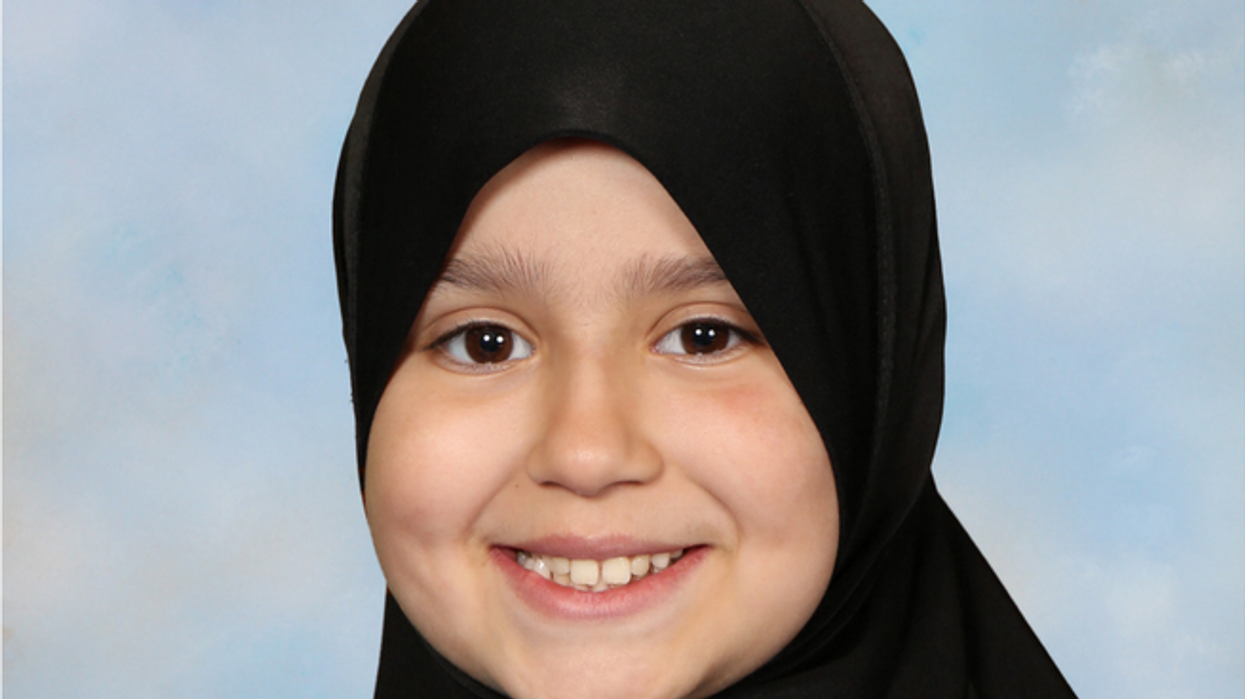A court was told that 10-year-old Sara Sharif sustained injuries similar to those typically seen in car crash victims prior to her tragic death.
During the trial, which is examining the circumstances of her death, it was revealed that Sara had over 70 injuries, including signs of healing spinal fractures that had been rebroken.
This information was presented to jurors by paediatric radiologist Prof Owen Arthurs, who noted that spinal fractures are rare and usually associated with high-impact trauma, such as from vehicle accidents.
He also mentioned that Sara's neck injuries were exceptionally unusual, suggesting they were most likely caused by manual strangulation, indicating significant force was used.
Sara’s dead body was discovered in her home in Woking, Surrey, in August 2023.
The Old Bailey previously heard of the severe abuse Sara endured over a period of more than two years. Testimonies indicated she had been hooded, burned, bitten, and physically beaten.
In addition to the spinal injuries, Sara exhibited signs of starvation and was found to have a broken bone in her neck. These findings raise grave concerns about her treatment in the weeks leading to her death.
Sara’s father, Urfan Sharif, 42, stepmother, Beinash Batool,30, and uncle Faisal Malik,29, are on trial for murder and have denied the charges. They also face accusations of causing or allowing the death of a child.
Prosecutors have highlighted the disturbing details of Sara's injuries, which included puncture wounds and bruising, alongside marks consistent with burns and scalding from hot water.
The prosecution argued that the trio's behaviour following Sara's death raises further suspicions. It was reported that they fled to Pakistan with Sara’s five siblings just a day before her body was found. Urfan called police from Pakistan, admitting his role in Sara's death approximately an hour after arriving there.
Testimonies in court also included details about the physical condition of Sara’s body. Bone expert Prof Anthony Freemont indicated that the fractures in her neck likely resulted from compression, a common cause of such injuries being manual strangulation.
He also noted that the presence of fractures of varying ages in different bones suggested a pattern of non-accidental injuries, underscoring the extent of the abuse Sara faced.





